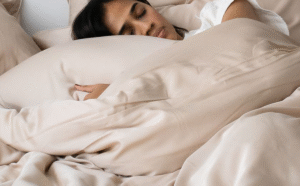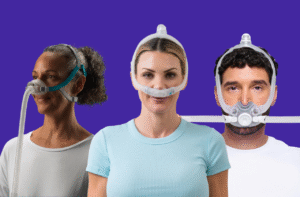Can a nap with out sleep assist your mind?

What in case your mind might get the advantages of a nap with out truly falling asleep? That’s the query researchers are exploring after a current examine in Science confirmed promising outcomes — at the very least in monkeys.
Synthetic naps present shocking outcomes
In a current examine, scientists discovered that transient naps (with out REM sleep) improved visible job efficiency in macaque monkeys. The shock got here when researchers replicated this mind increase by electrically stimulating the monkeys’ brains whereas they have been awake. The stimulation mimicked sleep-like mind exercise and produced comparable cognitive enhancements.
These so-called “synthetic naps” trace at a potential future the place the mind might be refreshed with out precise sleep. Whereas this system continues to be restricted to primates, it opens the door to new analysis in people, particularly for these with sleep issues or restricted time for relaxation.
What we learn about actual napping
Whereas synthetic naps are nonetheless experimental, there’s rising analysis on how common daytime naps have an effect on human well being. Presently, the findings are conflicting. Some research present advantages, whereas others present dangers associated to daytime napping.
Latest research embody:
- Nap habits and well being dangers
A big evaluation introduced at SLEEP 2025 discovered that longer naps, inconsistent nap durations, and frequent naps round noon have been linked to an elevated danger of mortality in middle- and older-aged adults. - Napping and mind preservation
A 2023 examine led by researchers at College School London and the College of the Republic in Uruguay discovered that individuals who usually napped had bigger whole mind quantity. This implies that recurring napping might gradual mind shrinkage and help mind well being as we age. - Napping and dementia danger
A 2022 examine from researchers at UC San Francisco and Harvard Medical College tracked older adults and located that those that napped greater than an hour a day, or napped at the very least as soon as a day, had a 40% greater danger of growing Alzheimer’s illness in comparison with those that napped much less steadily or for shorter durations.
These findings recommend that not all naps are created equal, and extra analysis is required. Frequency, period and timing might all affect long-term well being outcomes.
Nap smarter, not longer
So how lengthy ought to a nap be?
The American Academy of Sleep Medication recommends that wholesome adults restrict daytime naps to twenty to half-hour, ideally taken within the early afternoon. These quick naps can enhance alertness, temper and efficiency with out interfering with nighttime sleep or inflicting post-nap grogginess, or “sleep inertia.”
What’s subsequent for synthetic napping?
May mind stimulation ever be used to imitate a nap in people? A Scientific American article means that if the tactic proves efficient, synthetic naps might someday assist improve cognition, cut back fatigue or help folks with sleep issues.
For now, the most effective recommendation is to maintain naps transient and intentional. However sooner or later, the science of sleep might supply new methods to relaxation — no shut-eye required.
Medical overview by Margaret Hovda, MD






